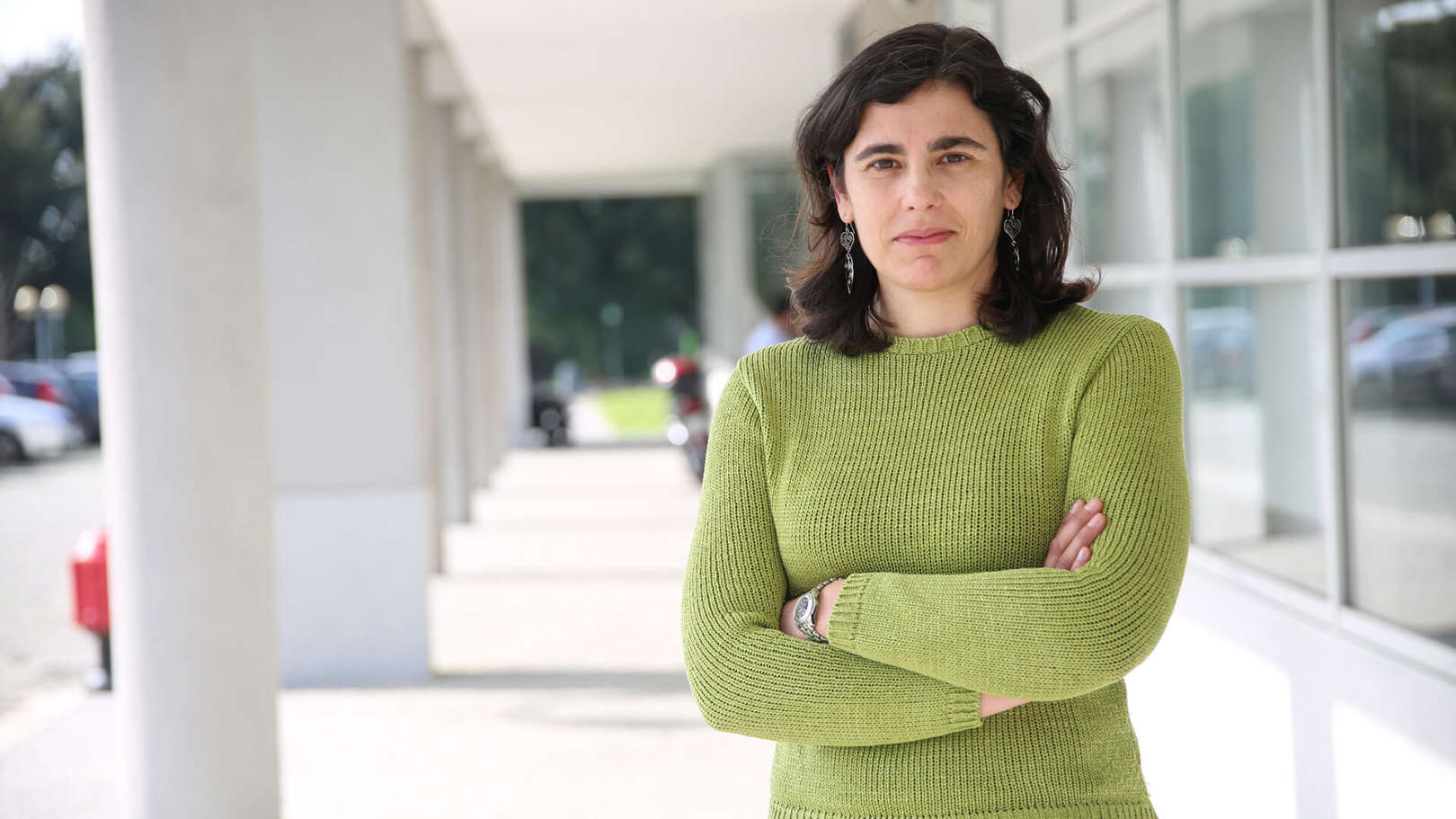About
Tânia Fontes is a researcher at INESC TEC and is financed by National Funds through the FCT - Portuguese Foundation for Science and Technology (10.54499/2022.07805.CEECIND/CP1740/CT0001). Her area of expertise is urban mobility, people and cargo, focusing in particular on the assessment of the environmental impacts. Her research interests include the areas of transport policy assessment and the use of data science to support the design of decision support systems. Tânia has led several research projects in the area of passenger and cargo mobility, particularly in urban spaces (e-LOG and opti-MOVES). Besides these, she has actively collaborated on other research projects (eg Seamless Mobility, SmartDecision, CIVITAS-ELAN), consultancy projects (e.g. CIM-TS, VoxPop), and Cost actions (eg ARTS, TEA, TRANSITS). In 2016, she spent 6 months in Beijing to study the impacts of transport policies on the city's air quality. She regularly publishes in journals in the field of transport and environment. Tânia holds a PhD in Sciences Applied to the Environment from the University of Aveiro (2010). She also has a degree in Computer Engineering (ISEP, 2007) and Environmental Engineering (UFP, 2001).


